Anxiety and Chinese Medicine
Anxiety is a mental disorder that affects literally millions of people. It often coexists with depression and can range from mild discomfort to almost uncontrollable panic with physical symptoms. While some medications have been known to ease anxiety, they may cause undesirable side effects and are simply suppressing the symptoms while making individuals chemically toxic. Chinese medicine is a natural and extremely useful alternative for managing and resolving anxiety. One component of the Chinese medicine approach to treating anxiety involves assessing and treating any imbalance present in the organ systems. Virtually any imbalance could contribute to anxiety. The varied potential presentations of anxiety provide clues as to the contributing underlying imbalances – the nature of the anxiety, if there is any pattern to it, where it is felt in the body, the physical symptoms that accompany it, what makes it better and what makes it worse. Acupuncture, Chinese herbal medicine, dietary therapy, qigong, and lifestyle adjustments can effectively improve or resolve such imbalances. An incredibly valuable component of Chinese medicine treatment of anxiety is its great ability to balance the autonomic nervous system. The sympathetic and parasympathetic nervous systems are two major divisions of the autonomic nervous system. Stress and traumatic events can cause the sympathetic (fight or flight) nervous system to be overactive and the parasympathetic (rest and digest) nervous system to be underactive. Research has shown that acupuncture is highly effective at turning down the sympathetic and stimulating the parasympathetic nervous systems.1-4 This is one reason that regular acupuncture can help significantly to improve anxiety. Although not as well-researched as acupuncture, all the modalities of Chinese medicine balance the body and thus improve the balance of the autonomic nervous system. Acupuncture can also help transform specific emotional roots and patterns that may be contributing to anxiety. Some systems of acupuncture focus on this emotional or spiritual level of disease primarily, even if someone is coming in for a physical symptom, as Chinese medicine understands that the body, mind, and spirit are a very integrated whole.
Stener-Victorin E, Jedel E, Janson P, Sverrisdottir Y. Low-frequency electroacupuncture and physical exercise decrease high muscle sympathetic nerve activity in polycystic ovary syndrome. Am J Phys-Reg, Integ Comparat Phys. 2009;297(2):R387-R395.
Wu J, Chen H, Chang Y et al. Study of Autonomic Nervous Activity of Night Shift Workers Treated with Laser Acupuncture. Photomed Laser Surg. 2009;27(2):273-279.
Haker E, Egekvist H, Bjerring P. Effect of sensory stimulation (acupuncture) on sympathetic and parasympathetic activities in healthy subjects. J Auton Nerv Syst. 2000;79(1):52-59.
Li Q, Shi G, Xu Q, Wang J, Liu C, Wang L. Acupuncture Effect and Central Autonomic Regulation. Evidence-Based Comp and Altern Med. 2013;2013:1-6.
